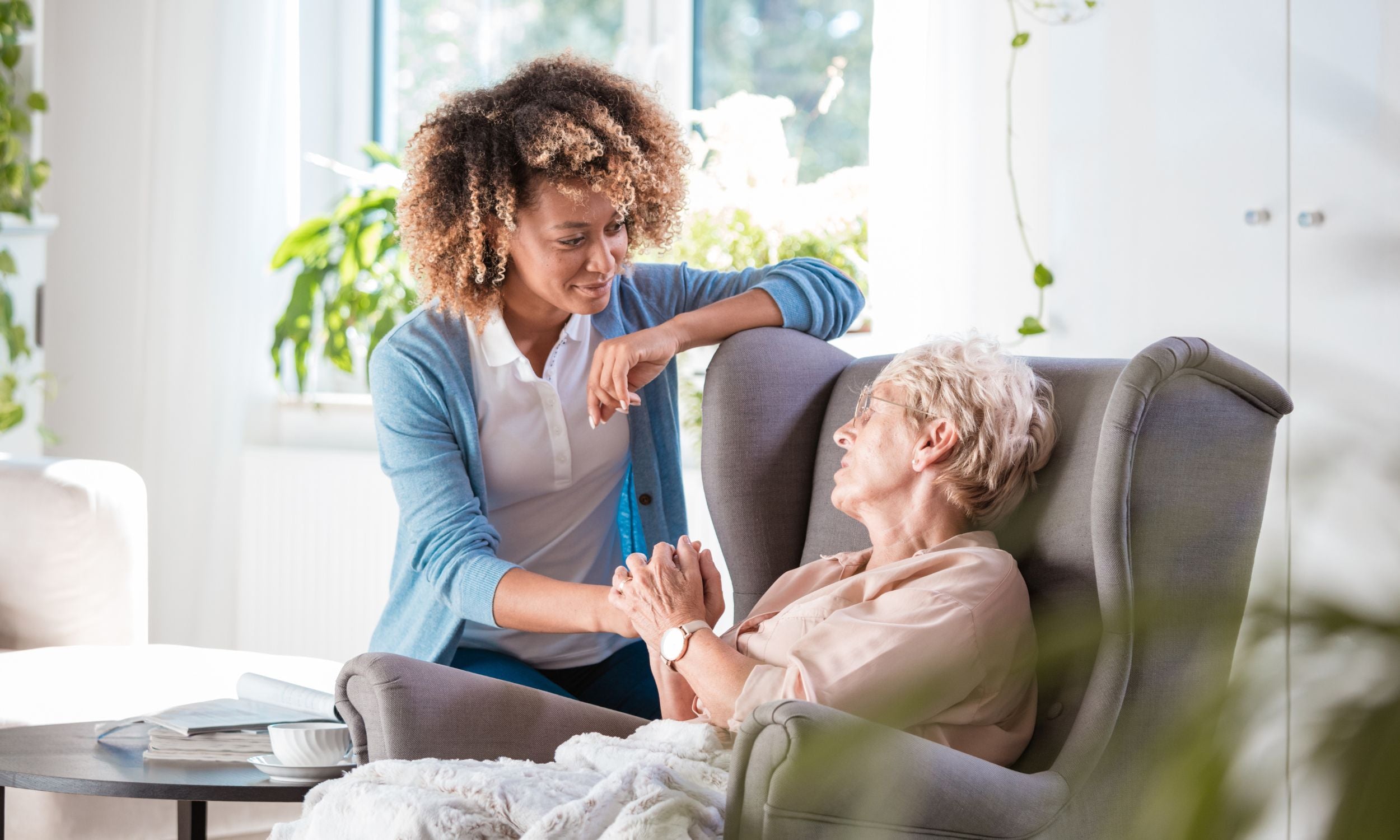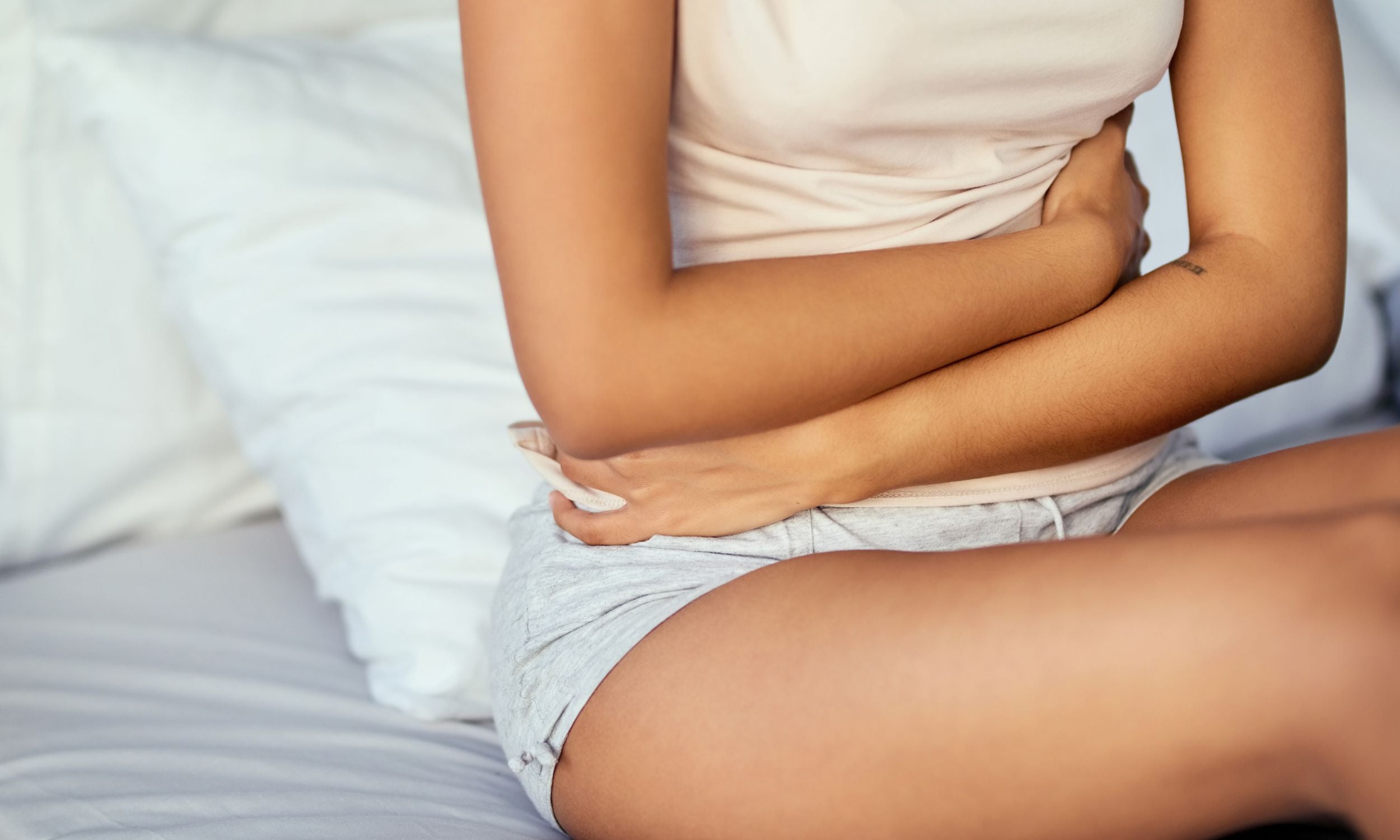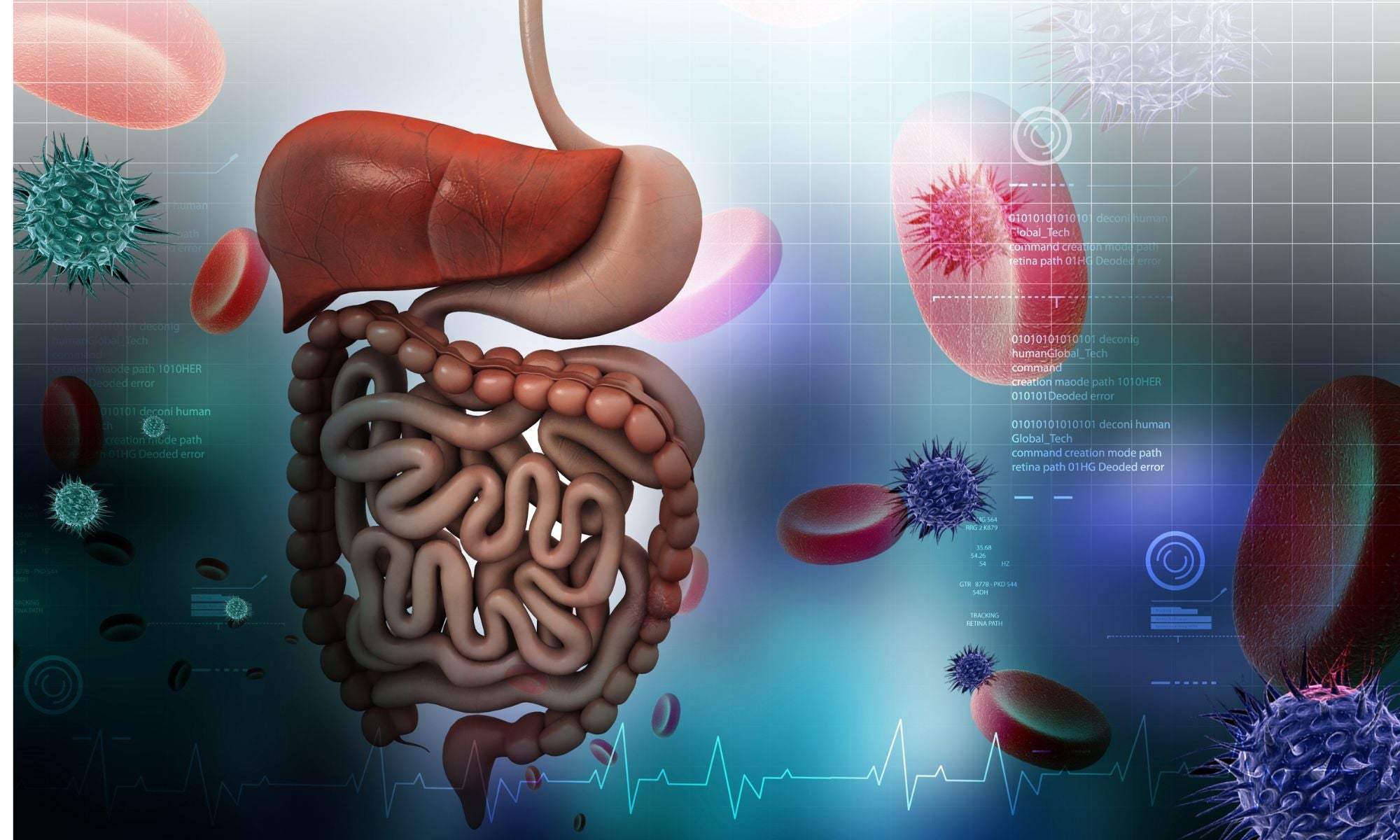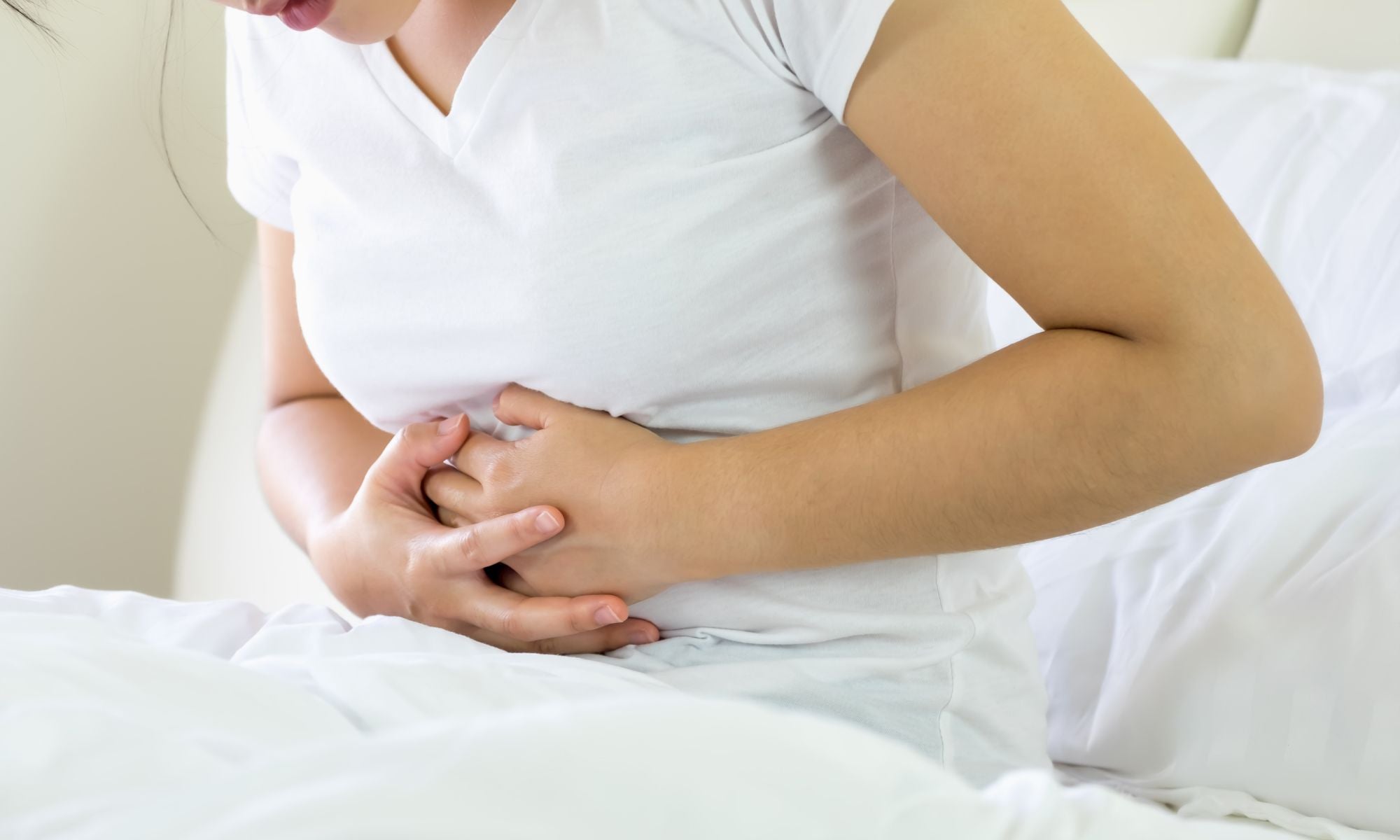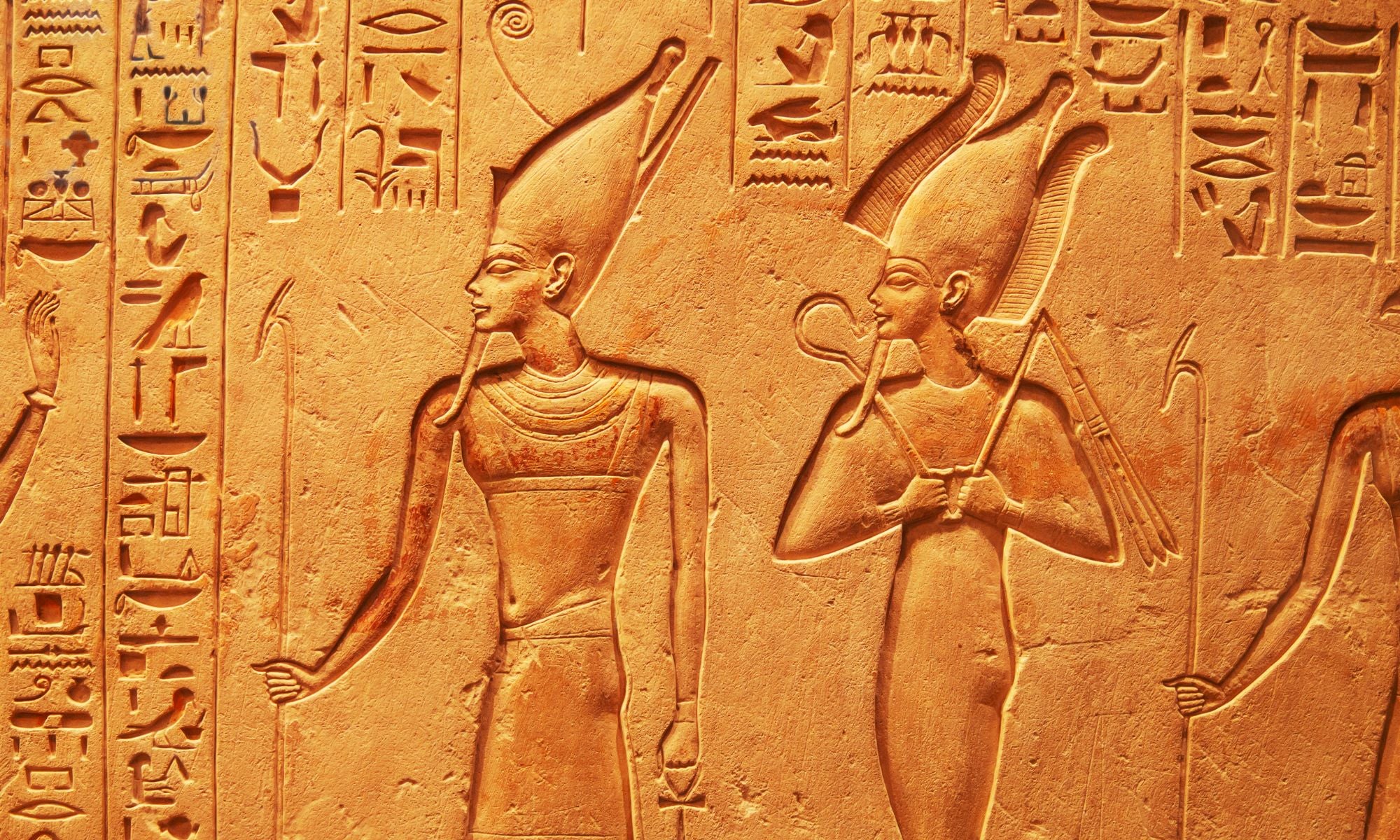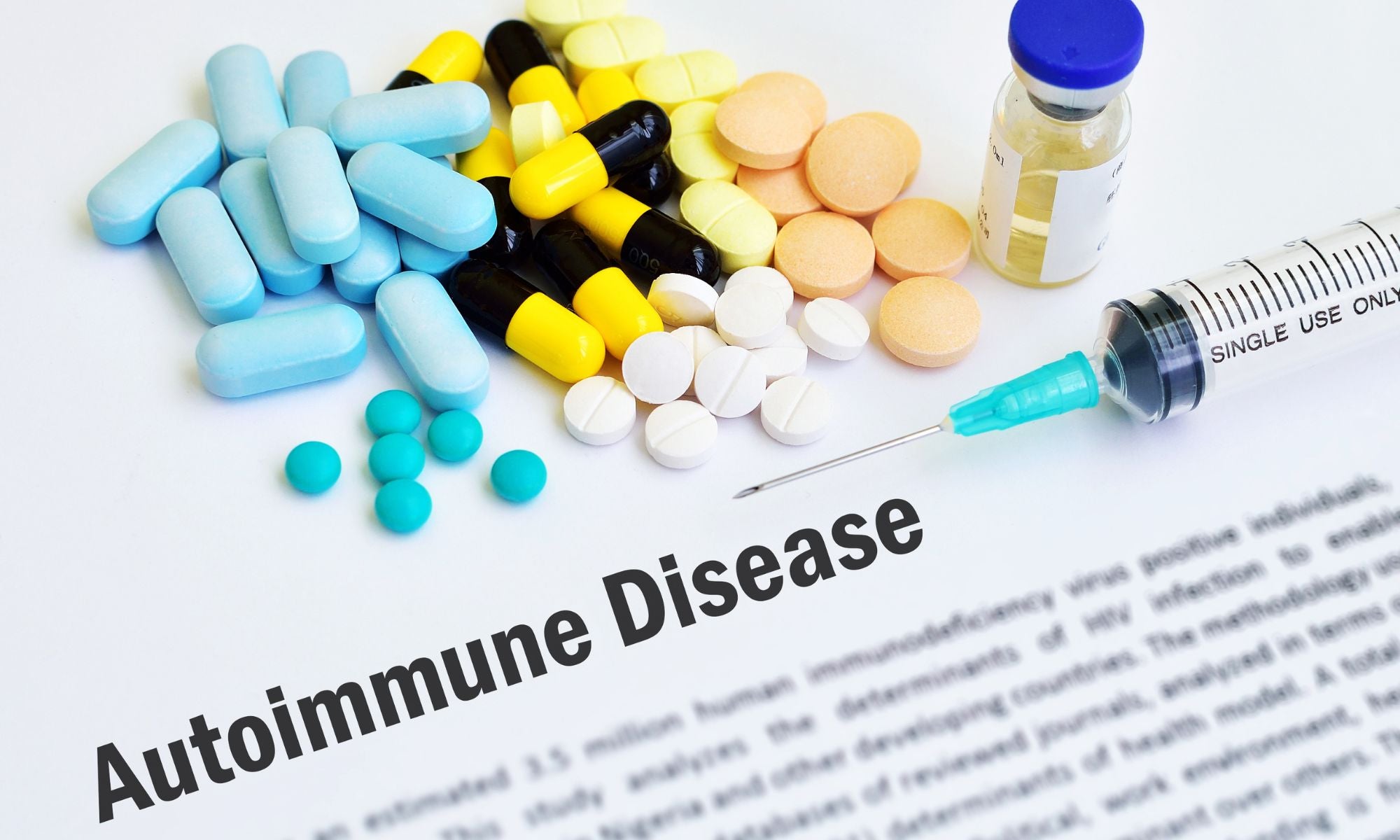
How to Get Rid of Post Meal Bloating
Introduction
It can be one of the most uncomfortable feelings in the world when you overeat and feel like you're about to burst.
Bloating is caused by the buildup of gas in your digestive system, usually after a big meal or drink (especially if you're drinking carbonated beverages). It can make your stomach look bloated and uncomfortable for hours—sometimes days!
If you've ever experienced bloating, you know how miserable it can make you feel. And if you have a condition like irritable bowel syndrome (IBS), bloating can worsen symptoms. But luckily, there are ways to prevent bloating and help keep your digestive system moving smoothly!

What causes post-meal bloating?
The leading cause of post-meal bloating is eating too fast. It's as simple as that. If you're not chewing your food correctly, you can swallow air, causing bloating and discomfort--especially if you're eating something that makes your stomach feel full for a long time after eating it (like a big bowl of pasta).
The second most common reason people experience post-meal bloat is overeating and eating high-fat foods. When there's more than enough room in your stomach to hold all the food you've consumed, there's no need for any expansion or stretching; but when there isn't enough room, things start getting crowded in there, and things will start stretching out--and sometimes they even burst! This will also give off some funky smells, but we'll get back to that later!
Finally: if you eat quickly without chewing thoroughly enough before swallowing each bite (or if someone else does), then there's an increased chance that some air will get mixed up with their food which leads us right back where we started - into "how do I fix this?!" territory...
How to prevent post-meal bloating
The first step to preventing post-meal bloating is drinking water. Not alcohol and coffee--water. It's essential to stay hydrated, especially if you're eating a lot of fiber or other foods that can cause gas in the digestive system. Drinking water before and after a meal helps keep food moving through your body more smoothly, so there's less chance of bloating or constipation.
Another great way to avoid bloat is: Eat slowly! Chew every bite thoroughly before swallowing it down (and try not to talk with your mouth full). If possible, take at least 20 minutes from start to finish when eating meals so that digestion can occur without interruption; this will also give time for any extra air in the stomach area after eating food time enough to be expelled through burping or farting (if necessary).
What to eat right after a meal to avoid bloating
The post-meal period can be a minefield for those who struggle with bloating. So what do you do? First off, don't worry about the food you eat during your meal. You're not going to undo it; trying to will only stress you out and make things worse. Instead, focus on what comes next.
One thing that will help is drinking water—lots of it! All that bloating is from water retention, which means your body is holding onto too much water. The best way to combat that is by ensuring you stay hydrated by drinking lots of water throughout the day (at least eight glasses!) and especially suitable after eating.
It would help if you also tried eating something light—like fruit or vegetables—to help reduce how much liquid your body retains after eating a large meal. If you need something more substantial, try a snack like crackers or yogurt instead of a full meal because they tend to digest faster than heavier foods like bread or pasta dishes.
Foods to avoid after a meal
Here are four things to avoid after a meal if you want to prevent bloating:
- Dairy products - Milk and other dairy products tend to contain lactose, which can cause gas when the body is not digested properly.
- Beans - Beans contain oligosaccharides, which are indigestible sugars that cause gas in many people.
- Citrus fruits - Lemons and oranges contain a lot of acidic pulp that may cause indigestion if eaten too soon after a meal.
- Carbonated beverages- Carbonated beverages can cause gas because they're carbonated (what does that mean?), but also because they have zero nutritional value and often contain artificial sweeteners or flavors which can be hard on your body's digestive system as well.
Bloating is annoying, and here are some tips to reduce it.
Bloating is gas that builds up from eating food (or drinking too much) too quickly or eating high-fiber foods like beans and lentils without chewing thoroughly enough. Try slowing down when eating, so the food has time to pass through all parts of your digestive system before moving on to other meals.
Conclusion
In conclusion, bloating is a common problem that can be avoided with fundamental diet changes. Try these tips if you're looking for ways to reduce post-meal bloating and other digestive issues!

